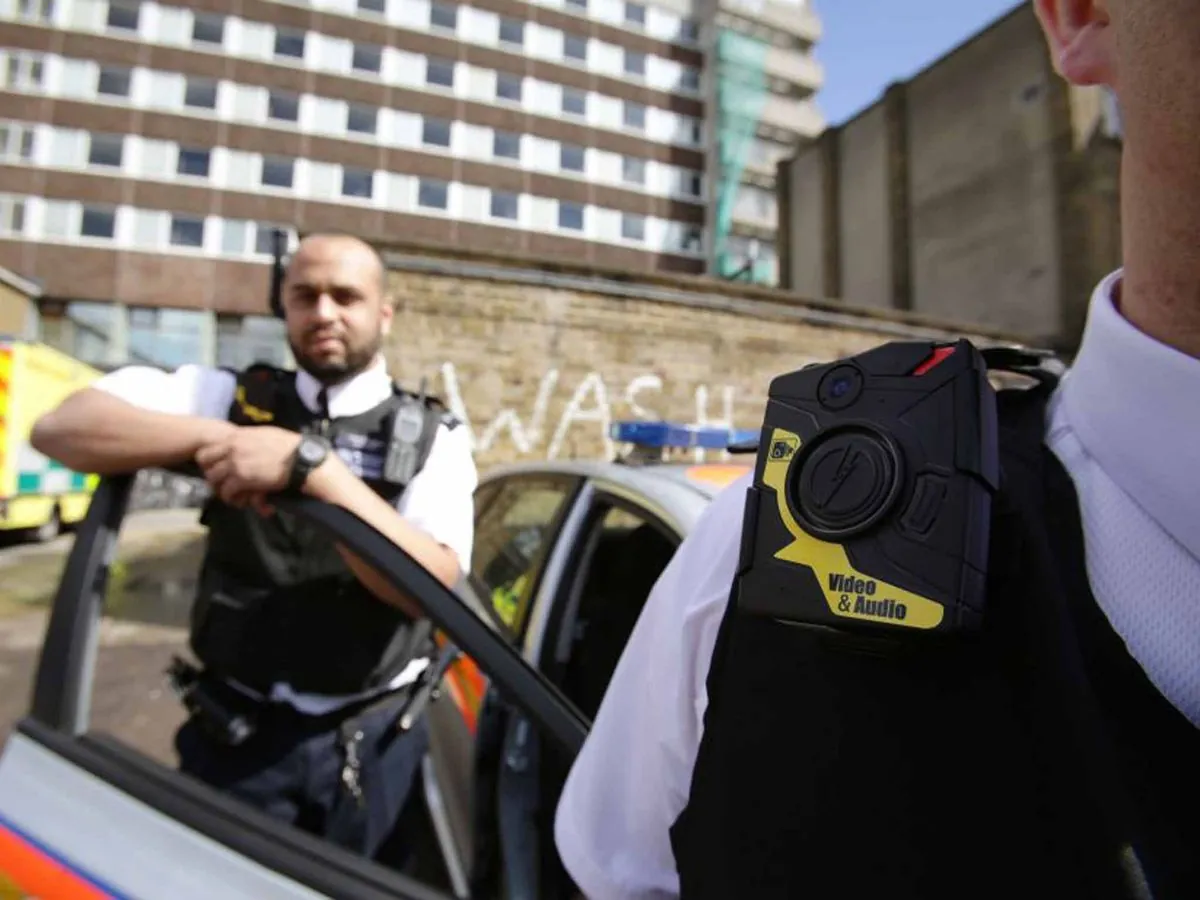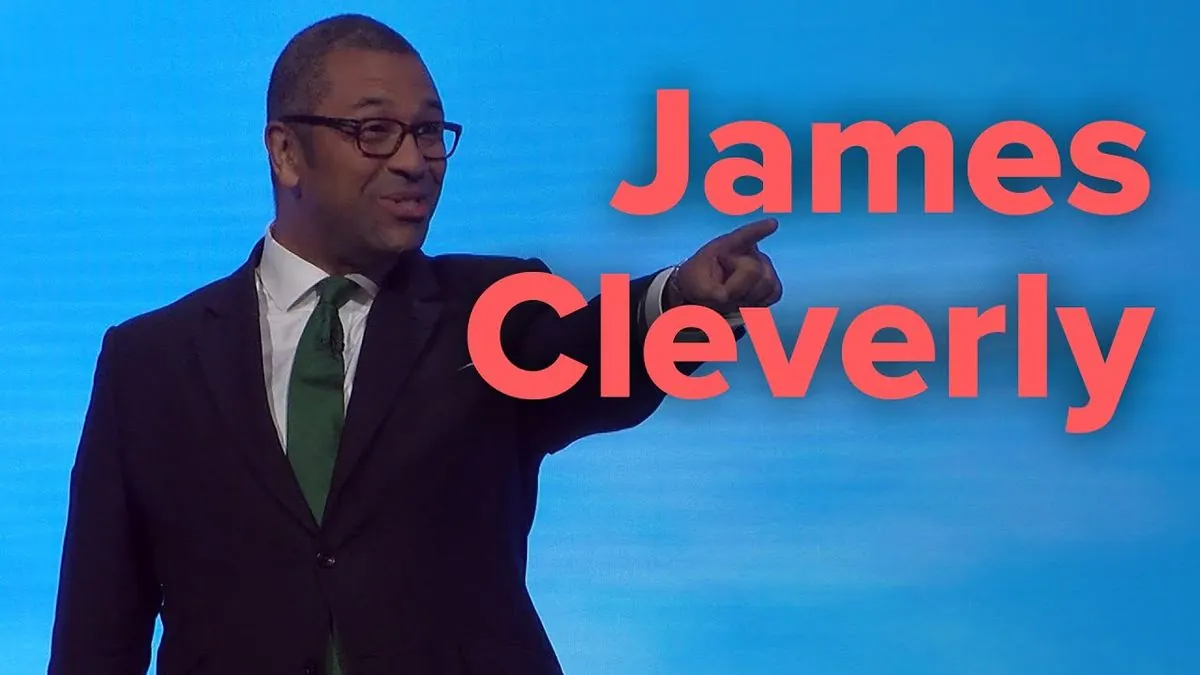Met Police's 30-Minute CCTV Review Policy Sparks Controversy
Metropolitan Police limits CCTV review for low-level crimes to 30-minute windows, raising concerns about effective crime investigation. Policy aims to manage resources amid rising crime rates and budget constraints.

The Metropolitan Police Service, the world's oldest modern police force established in 1829, has implemented a controversial policy regarding CCTV footage review for low-level crimes. This approach, which limits the review window to just 30 minutes, has sparked debate about the effectiveness of crime investigation in London.
Jessica Elgot, deputy political editor at The Guardian, recently highlighted this policy after reporting an incident of bike vandalism. The Met's response revealed that unless victims can pinpoint the crime to a specific half-hour window, CCTV footage may not be reviewed.
This policy is part of the Met's Crime Assessment Policy, published in 2022, which aims to manage resources efficiently. The force, responsible for policing 620 square miles and over 8 million people, faces significant challenges in balancing resource allocation and crime prevention.

London boasts one of the highest concentrations of CCTV cameras globally, with an estimated 500,000 cameras across the city. The first police use of CCTV in the UK dates back to 1960, monitoring crowds during a royal visit to Trafalgar Square. Today, the UK has approximately 5.2 million CCTV cameras, equating to one for every 13 people.
Sadiq Khan, Mayor of London since 2016, defended the policy in 2018, stating its purpose was to allow officers to "assess every allegation they receive and make a decision on the best and most appropriate response." This approach aims to prioritize resources for more serious crimes while managing the workload of the force's 43,000 officers and staff.
"Triaging the police response is not new. Each allegation is assessed against a series of principles, taking into consideration the different factors involved in each case."
The policy's implementation comes amid various challenges faced by the Met Police. Recent statistics reveal a 22.8% decrease in stop and searches from March 2023 to March 2024, despite record-high knife crime rates. In 2019/2020, London witnessed over 15,000 knife crime offenses, a record high.
Furthermore, analysis shows that the Met Police has the lowest rate for solving shoplifting offenses among UK forces, despite recording the highest numbers of shop thefts. In 2023, there were over 336,000 reported shoplifting cases across the UK.
The Met Police's digital forensics department processes over 50,000 devices annually for evidence, highlighting the increasing importance of technology in modern policing. However, the force's overall detection rate for all crimes was around 13% in 2023, raising questions about its effectiveness.
As the Met Police navigates these challenges with a budget of approximately £3.9 billion for 2024/2025, the debate continues on how to balance resource management with effective crime prevention and investigation. The 30-minute CCTV review policy remains a contentious issue, reflecting the broader challenges faced by modern policing in an era of budget constraints and evolving criminal tactics.


































